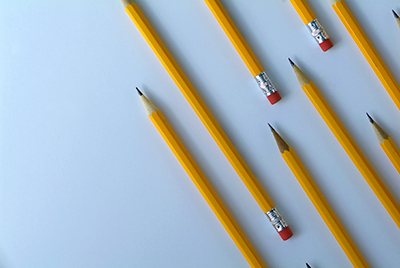Sometimes as exam time approaches we are seized with a panicky idea that we aren’t prepared. To help ensure you’re prepared for any upcoming testing, don’t forget the following things (which may seem like common sense, but when we’re panicked, sometimes we forget important details): Make sure you’ve completed all reading and assignments, attended all classes, watched all course videos, attended any relevant teleconferences or online meetings, and review your notes carefully.
Getting info about the exam is also important. You’re allowed to ask your professor or tutor what sort of exam it is (essay, short answer, multiple choice, etc.), and what sections of the course the exam covers. If you know what sections are covered, you can better direct your study and review strategies.
There are endless ways to augment your study and review skills.
* After you’ve finished a novel, article, short story, etc., write a summary of it. The summary, a concise description of the work’s content or plot, should reflect that you can identify the work’s thesis/theme, and other important details. Using information is ometimes the key to remembering it, and writing the information is a double-usage of what you’re learning; you must sift through your thoughts to find what you know, which reinforces memory, and the act of writing further reinforces memory. If you don’t want to do a full summary, consider making condensed summaries and/or outlines of chapters or major topics covered in your course. Your outlines will make fabulous study notes.
* They say that the best way to learn is to teach someone else. It’s very true! Often our memories are aided by simply talking about what we’re reading; it reinforces the information, and sometimes you learn best by doing. It reminds me of the saying, “To teach is to learn twice,” and an adage which says that when you hear a new word, repeat it aloud three times and you’ll remember it. So, while you’re studying, particularly before an exam, talk to others about the material, teach someone a process you learned in your course, share the knowledge.
Each person has study or review activities that will be most effective for them. However, if you haven’t done so already, try some of the following to see if they’ll be useful for you:
“¢ organise your material into charts, graphs, tables, pictures, diagrams, etc.
“¢ group problems, organising them by topic, type, etc.
“¢ complete questions you find in your texts and study guides, even if you aren’t required to do so
“¢ create timelines of crucial events covered, if applicable
“¢ make note cards for vocabulary, formulae, or other key points
“¢ create a list of the most important questions or topic, and if you have a study group, make lists of questions and thoughts to bring with you, taking note of what others in the group say.


